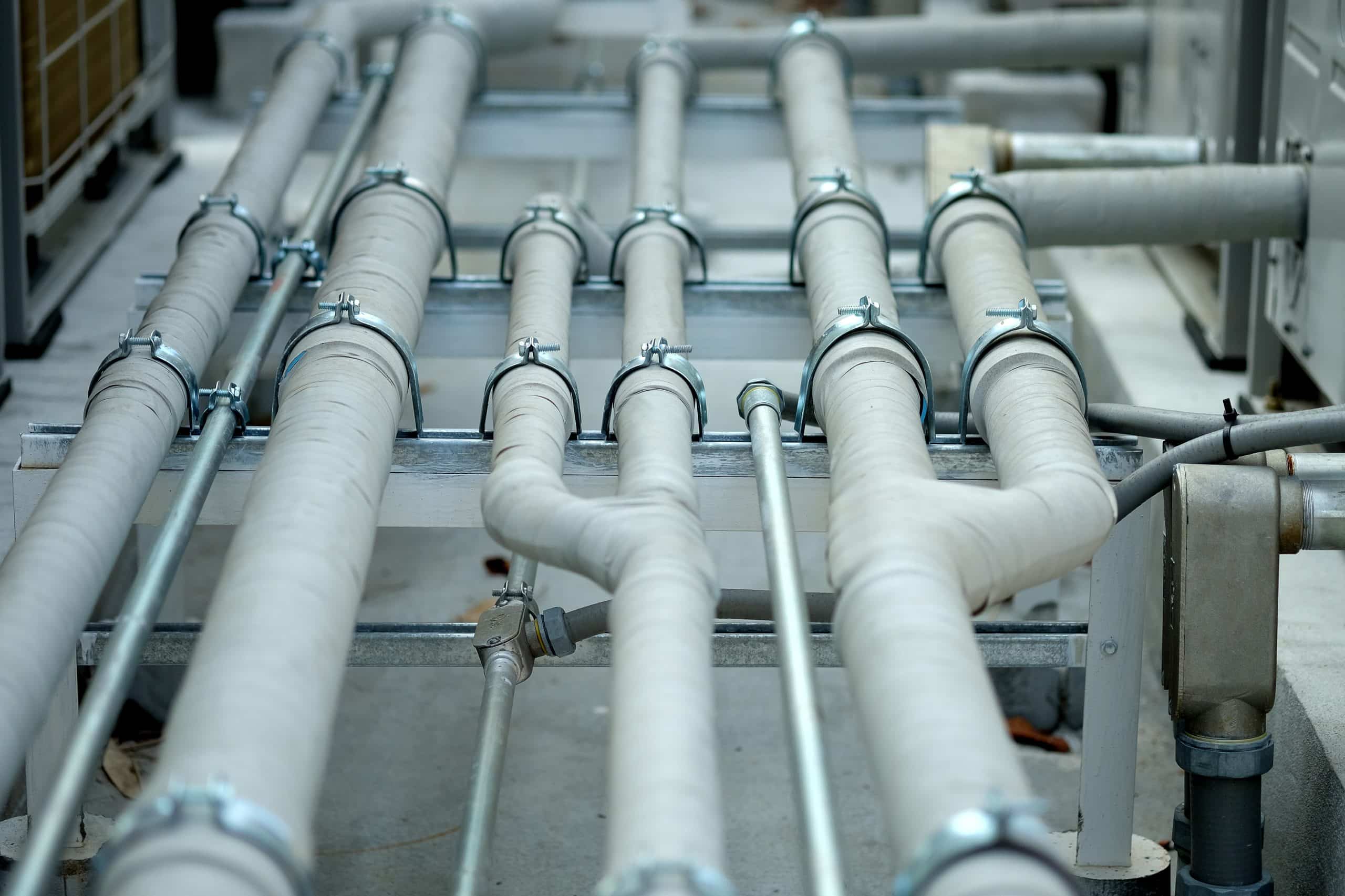Water is one of our most precious resources. Considering its importance, it’s crucial that we manage its usage effectively. As technology continues to evolve, homeowners are increasingly turning to smart home water management systems to conserve water, cut down on utility bills, and streamline their daily routines. But what should you take into account when installing such a system?
This guide will shed light on the essential factors to consider when thinking about installing a smart home water management system. We’ll delve into its benefits, the technological requirements, the type of system that might suit your specific needs, and finally, we’ll explore the importance of professional installation for optimal function.
Dans le meme genre : What Are the Most Effective Home Automation Features for Assisting People with Mobility Challenges?
Exploring the Benefits
Before diving into the world of smart water management systems, it’s important to understand the advantages they offer. These systems provide real-time data about your water usage, detecting leaks, thus preventing waste and unnecessary expenses. Their automation features allow you to control your water system remotely, adding a layer of convenience to your lifestyle.
By using a smart water management system, you’re not only saving money but also contributing to the environment. Reducing water waste is a key step in sustainable living and these systems give you the ability to monitor and manage your usage like never before.
Sujet a lire : What Are the Best Design Principles for a Home Library That Maximizes Space and Accessibility?
Understanding the Technology
Next, you need to comprehend the mechanics behind these sophisticated systems. Typically, they’re composed of a variety of different components, including sensors, controllers, and a central hub that connects to your home’s Wi-Fi network. This hub gathers data from the sensors and transmits it to a smartphone app or a web portal, allowing you to monitor and adjust your water usage remotely.
What’s more, many of these systems integrate with other smart home devices, such as voice assistants and smart irrigation controllers. This interconnectedness makes for a more efficient and convenient home management experience.
However, because these systems rely on Wi-Fi, it’s crucial that your home has a robust and reliable internet connection. If your Wi-Fi signal is weak or inconsistent, it could affect the performance of your smart water management system.
Choosing the Right System
With numerous smart water management systems available on the market, choosing the best one for your home can be a daunting task. Some systems might specialize in certain areas like leak detection or irrigation control. Others might offer all-around functionality, providing a comprehensive solution for all your water management needs.
It’s essential to assess your water usage habits and needs before deciding on a system. If you have a large garden that requires regular watering, for instance, you might benefit from a system that offers smart irrigation control. If your primary concern is monitoring indoor water usage and detecting leaks, a system focusing on these aspects would be more suitable.
Look for a system that is user-friendly and offers a comprehensive, easy-to-understand dashboard. Also, consider whether the system integrates well with other smart home devices you’re already using or planning to use in the future.
Importance of Professional Installation
While some may be tempted to install their smart water management system themselves, it’s recommended that you enlist the services of a professional. This is because a proper installation is crucial to ensure that the system functions optimally and accurately.
Professionals have the necessary expertise and experience to install these systems correctly, ensuring that all components are correctly connected and function well together. They can also guide you through the system’s features, helping you to make the most of its functionality.
On a final note, remember that the true value of a smart home water management system lies not just in the cost savings, but also in the peace of mind it provides. Knowing that you’re conserving water, preventing potential leaks, and managing your home’s water usage more efficiently can certainly make the investment worthwhile.
Delving into Smart Water and IoT
The advent of the Internet of Things (IoT) has been a game-changer in the realm of home water management systems. For those unfamiliar, IoT refers to the network of physical objects embedded with sensors and software to exchange data over the internet. In the context of home water management, one of the key outcomes of IoT integration is the rise of smart water technology.
Smart water technology is an umbrella term that covers various smart devices designed to monitor water consumption, water quality, and detect leaks in real time. These devices include smart meters, smart water quality sensors, and smart leak detectors, among others. All these devices work in conjunction with a management system which centralizes the data collected, giving you a comprehensive view of your water usage.
For example, smart meters measure your water consumption in real time and transmit this data to your smartphone or computer. You can then monitor your consumption patterns, identify any irregularities, and adjust your usage accordingly. This helps reduce wastage and makes for more efficient water use.
Smart leak detectors, on the other hand, can detect minor leaks even before they escalate. This not only prevents waste but also saves you from potential property damage and subsequent repair costs. Some leak detectors can even automatically shut off your water supply when a leak is detected, adding an extra layer of protection.
Lastly, smart water quality sensors keep a check on the quality of water you’re consuming. By monitoring parameters like pH, temperature, and contaminants, these sensors ensure that your water supply is safe for use. They send alerts if any abnormalities are detected, enabling you to take prompt corrective action.
In essence, IoT-based smart water technology enables you to manage your water resources effectively, promoting water conservation and contributing to a sustainable lifestyle.
The Role of Google Scholar and Scholar Crossref
When it comes to researching and understanding smart water management systems or any other technology, resources like Google Scholar and Scholar Crossref can prove invaluable. Google Scholar is a freely accessible search engine that indexes the full text or metadata of academic literature across various disciplines. Scholar Crossref, on the other hand, is an authoritative hub of scholarly metadata, offering services that enable content connectivity for researchers.
For homeowners considering installing smart water management systems, these platforms can provide access to a wealth of scholarly articles, case studies, and research papers. This wealth of information can provide a deeper understanding of how these systems work, the latest advancements in the field, and their long-term benefits, among other things.
Furthermore, these platforms also offer a platform to compare different systems and technologies. For instance, through Google Scholar, you might come across comparative studies on different management systems or smart meters, providing an evidence-based perspective to inform your decision-making.
In conclusion, installing a smart home water management system is a significant step towards efficient water usage and conservation. It offers numerous benefits like real-time monitoring, leak detection, and quality checks, contributing to cost savings and sustainable living. However, choosing the right system and ensuring proper installation are key to making the most of this technology. Resources like Google Scholar and Scholar Crossref can be leveraged to gain a comprehensive understanding of these systems and make an informed decision. Remember, a well-managed home is not just about convenience, but also about responsibility towards our precious resources.











